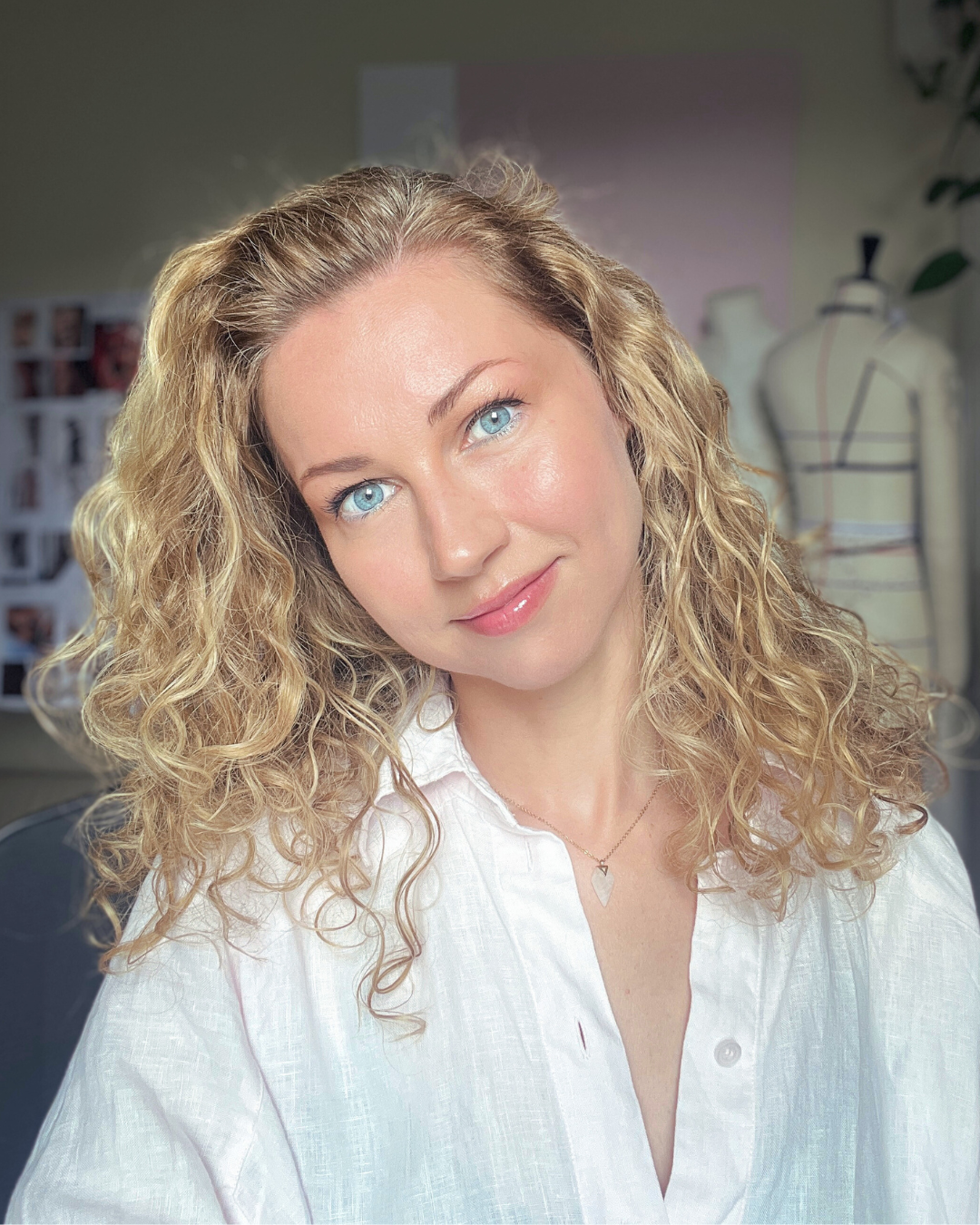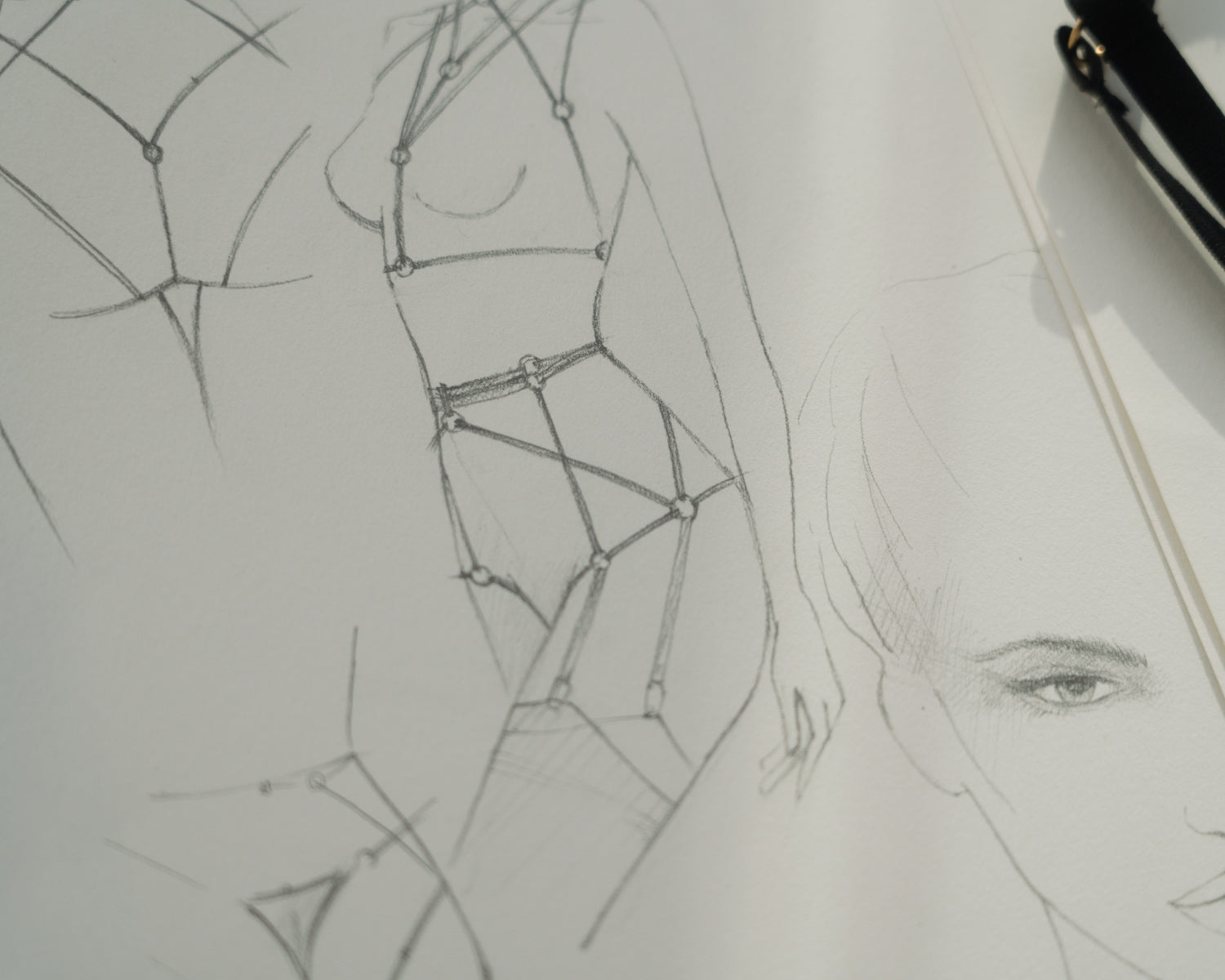Breast Health and the Body-Mind Connection – Listening to the Truth Your Body Holds

Written in collaboration with the MyBoobRisk health awareness program, this post offers a softer way into breast health.
Maybe you resist checking your breasts.
Maybe you hate thinking about breast health.
Me too.
There’s a pressure that comes with being told—again and again—to monitor your body. It can feel exhausting, another thing on a long list. But what if this wasn’t about checking for danger? What if it was about becoming more deeply connected to yourself? Noticing. Knowing. Trusting.
Your body is a quiet communicator. It speaks in whispers—through changes in sleep, sudden dips in energy, emotional fluctuations that don’t quite make sense. The early signs of breast cancer are not always physical. They might show up as subtle shifts in your wellbeing—long before anything appears obvious on the surface.
When the body Speaks in Patterns
Our bodies rarely speak in single signs. More often, they speak in patterns—layers of sensation, mood, energy, and rest. These small changes might arrive quietly and together: a week of poor sleep, an ache beneath your arm, a restlessness you can’t quite name.
Science calls these symptom clusters—groups of seemingly unrelated signs that, together, form a kind of intuitive signal. These patterns are increasingly recognised in breast cancer research, appearing before a diagnosis is made.
This doesn’t mean something is wrong. It means your body is asking for a moment of awareness.
The Healing Language of Rest
Restorative sleep isn’t just important for energy—it’s part of how your immune system communicates and defends you. During deep rest, your body releases cytokines, chemical messengers that help reduce inflammation and promote healing. Without enough sleep, this system falters. And research has shown a bidirectional relationship between sleep disturbances and breast cancer.
So if your sleep feels broken, if fatigue lingers or you wake up unrefreshed—it’s not just a lifestyle issue. It could be your body speaking in one of its most ancient ways.
You don’t have to decode everything. Just begin noticing.
Subtle Signs to Notice
This isn’t a checklist. It’s a gentle invitation to listen. These are early symptoms of breast changes that some women report—even when nothing seems visibly different:
- Fatigue that lingers, not just from a long day
- Mood changes or anxiety without a clear cause
- Disrupted sleep or vivid dreams
- Breast or armpit tension that feels unfamiliar
- Changes in breast shape, texture, or warmth
Just get familiar with your own patterns. Over time, what’s normal for you becomes a compass.
Breast Self-Checks- A Ritual of Self-Connection
A breast self-check doesn’t need to feel clinical or uncomfortable. Maybe it happens after a bath, your skin still warm. Or in the morning light, as you fasten your favourite bra. These small acts can become sacred rituals—a quiet return to your body.
For a grounded, practical guide on how to check your breasts, watch the NHS video available on the MyBOOBRisk website at https://www.myboobrisk.com/check
Why Its Worth It
“Your body is always speaking – sometimes it whispers, sometimes it shouts. Taking a moment to tune in, whether through a self-check, a calming breath, or a gentle stretch, can be a powerful act of self-love. You deserve to feel amazing in your skin – and to feel confident that you’re looking after your health.”
– Dr. Paul Darbyshire
Join The Movement
MyBOOBRisk is a breast health and wellbeing Incentive Scheme designed to gently encourage regular breast self-checks and maintain a digital diary. Members also gain access to clinically validated tools for managing sleep, stress, mood, and fatigue—along with lifestyle rewards that support whole-body wellbeing.
✨ Join for free at www.myboobrisk.com
✨ Share this with someone you love
References
Combined anxiety and depressive symptoms before diagnosis of breast cancer. L.V. Esch et al. Journal of Affective Disorders. 3(136), 2012.
Differences in symptom clusters before and twelve months after breast cancer surgery.
M. Mazor et al. Eur. J. Oncol. Nursing. 19(32), 2017.
Presenting symptoms of cancer and stage at diagnosis: evidence from a cross-sectional, population-based study. M.M. Koo et al. Lancet Oncol. 21(1), 2020.
The importance of early symptom recognition in the context of early detection and cancer survival. J.J. Ott., A. Ullrich, A.B. Miller. Eur. J. Cancer. 45(16), 2009.
Clusters of psychological symptoms in breast cancer. Is there a common psychological mechanism? A.J. Guimond, H. Ivers, and J. Savard. Cancer Nursing. 43(5), 2020.
Symptom clusters experienced by breast cancer patients at various treatment stages: A systematic review. K.W. Winnie, et al. Cancer Medicine. 10(8), 2020.
Sleep disturbances in cancer. L. Lianqi and S. Ancoli-Israel. Psychiatric Annals. 38(9), 2008.
Sleep disorders and cancer. State of the art and future perspectives. M.P. Mogavero et al. Sleep Med. Rev. 56(10), 2020.


















